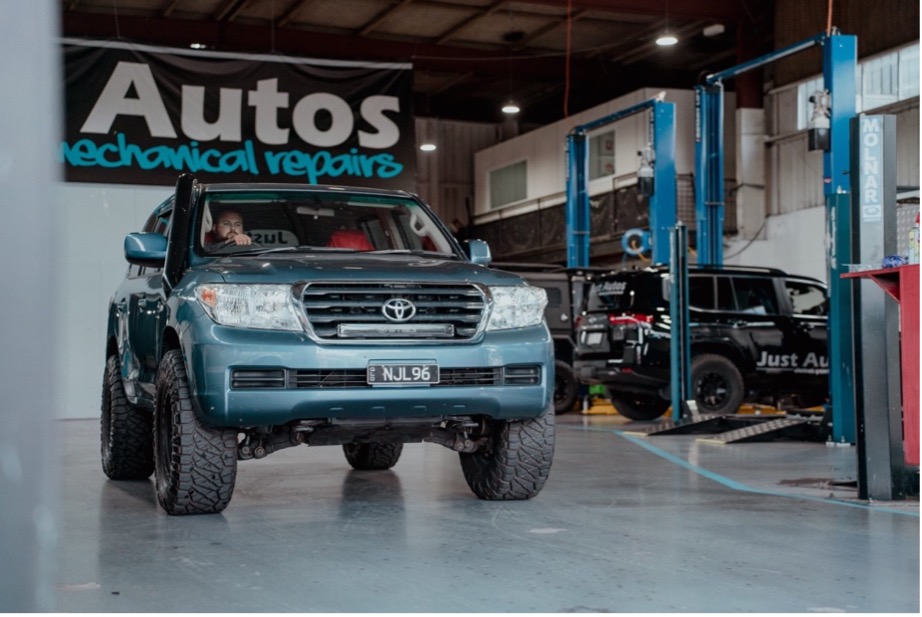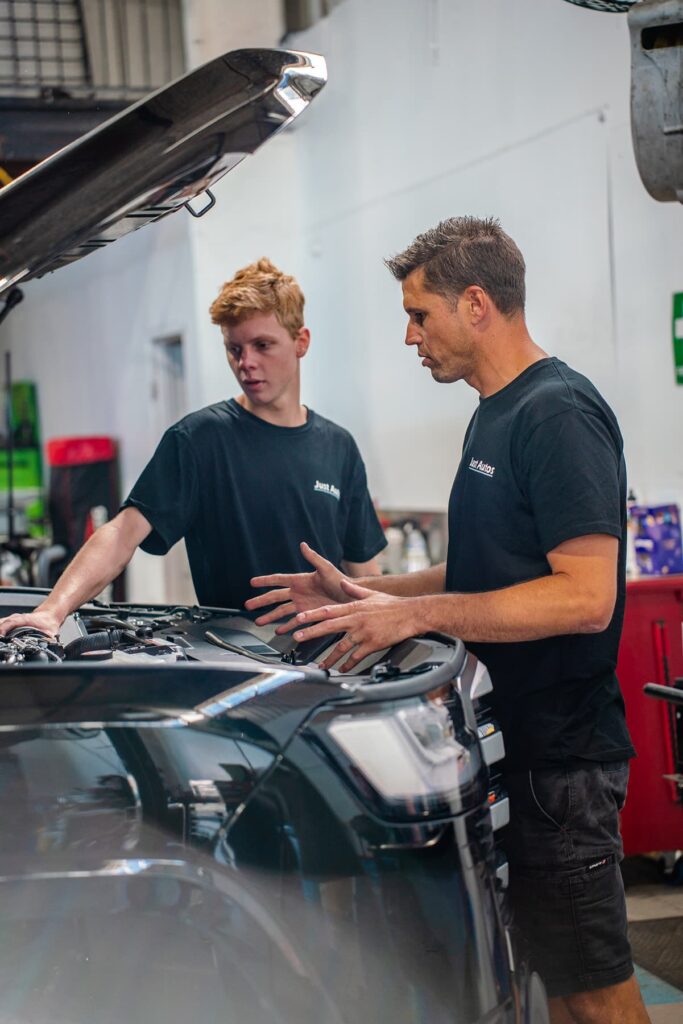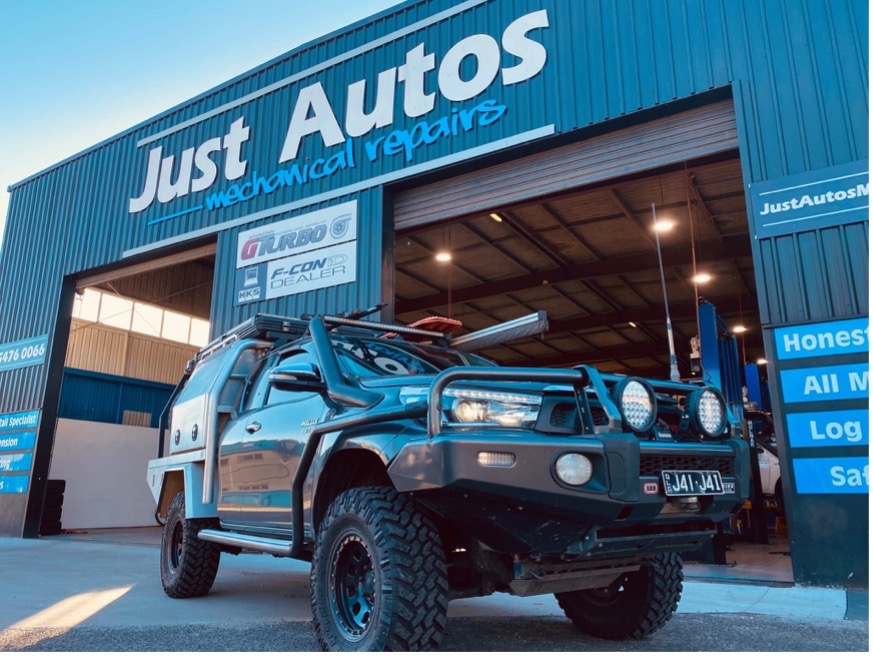Regular maintenance and proper care are vital for the longevity, performance and efficiency of any diesel engine. However, when you have an upgraded diesel engine, ensuring its optimal operation becomes even more crucial. Whether you have modified your diesel engine for increased power, torque, or improved efficiency, it requires special attention to ensure it continues to perform at its best.
In this blog, we will explore the essential maintenance practices and caring tips specifically tailored for upgraded diesel engines. From understanding the enhancements and modifications in an upgraded diesel engine to the importance of regular maintenance tasks, we will cover everything you need to know to keep your engine running smoothly.

Understanding the Upgraded Diesel Engine
Upgrading a diesel engine can provide a wide range of benefits that enhance its overall performance and efficiency. Here are some key benefits of upgrading a diesel engine:
- Increased Power & Torque: Upgrading a diesel engine can significantly boost its power and torque output. This increase in performance allows for improved acceleration, towing capacity, and overall driving experience. Whether it’s hauling heavy loads or manoeuvring through challenging terrains, an upgraded diesel engine offers enhanced power and capability.
- Improved Fuel Efficiency: Upgraded diesel engines are designed to optimise fuel combustion and efficiency. With enhanced fuel injection systems, improved turbochargers, and better airflow management, these engines can achieve improved fuel economy. This translates to reduced fuel consumption and operating costs over time.
- Enhanced Durability & Reliability: Upgraded diesel engines often feature reinforced internal components and improved cooling systems. These enhancements contribute to increased durability and reliability, allowing the engine to withstand heavy workloads and prolonged use. By upgrading, you can enjoy a more robust and long-lasting engine.
- Potential for Emissions Reduction: Some diesel engine upgrades focus on reducing emissions by incorporating advanced emission control technologies. These upgrades can help the engine meet stringent emissions standards, making it more environmentally friendly.

Regular Maintenance Practices for Your Diesel Engine
- Oil Changes & Filter Replacements: Regular oil changes and filter replacements are vital for engine longevity and performance. Fresh oil lubricates moving parts and removes contaminants, while new filters prevent debris from causing damage.
- Checking Fluid Levels: Proper fluid levels, such as coolant and transmission fluid, prevent overheating and ensure smooth operation. Regular checks and top-ups safeguard against engine damage.
- Cleaning the Air Intake System: Regular inspection and cleaning of the air intake system, including the air filter, optimises the airflow, preventing engine damage and helps to improve overall efficiency.
- Fuel System Maintenance: Regular maintenance and filter replacements keep the fuel system clean and ensure proper fuel delivery, maximising engine performance and preventing issues caused by contaminants.

Cooling System Maintenance
The efficient functioning of an upgraded diesel engine heavily relies on its cooling system. This essential system serves multiple purposes, such as preventing overheating, which can cause significant harm to the engine and diminish its performance. Moreover, it actively circulates coolant throughout the engine, effectively absorbing heat and transferring it to the radiator for dissipation. It is worth mentioning that the cooling system becomes even more indispensable for upgraded diesel engines, as they often generate more heat due to increased power. This increased heat output highlights the critical role of the cooling system in maintaining optimal performance and mitigating issues related to overheating.
Additionally, it is crucial to note the impact of debris and mud on the radiator, at Just Autos we have witnessed firsthand in recent years the damaging consequences they can have on engines. The presence of debris and mud can obstruct the radiator’s proper functioning, impeding heat dissipation and potentially leading to engine damage. Therefore, ensuring the cleanliness and integrity of the radiator is paramount to prevent such issues and maintain the cooling system’s effectiveness.
Moreover, Regularly checking coolant levels is essential to ensure the cooling system operates effectively. Low coolant levels can lead to overheating, making it crucial to monitor the coolant reservoir and to top up as needed with the manufacturer- recommended coolant. Additionally, inspecting the coolant quality is important, as over time, coolant can degrade, lose its effectiveness, and accumulate contaminants. If the coolant appears discoloured or contaminated, it should be flushed and replaced.

Fuel System Maintenance
Upgraded engines often have higher power outputs and advanced fuel systems that require clean and high-quality fuel. It is essential to use diesel fuel that meets the manufacturer’s specifications and standards, as contaminated or poor-quality fuel can clog fuel injectors, reduce engine performance, and potentially cause long-term damage. Using fuel additives and purchasing fuel from reputable sources can help ensure fuel quality.
Regularly inspecting and replacing fuel filters is essential to keep the fuel system clean and free from contaminants. Fuel filters trap impurities, such as dirt, debris, and water, preventing them from reaching the engine. Over time, these filters can become clogged and hinder fuel flow, leading to decreased engine performance. By adhering to the manufacturer’s recommended maintenance schedule, you can ensure the fuel filters are replaced at the appropriate intervals, maintaining optimal fuel system performance.

Performance Tuning & Calibration
Performance tuning offers numerous benefits for an upgraded diesel engine, enhancing its power, torque, and overall performance. Through careful adjustments to various engine parameters such as fuel injection timing, air-fuel mixture, and boost pressure, performance tuning can unleash the full potential of the upgraded diesel engine. It improves throttle response, increases horsepower and torque output, and optimises fuel efficiency. Performance tuning also allows customisation to match specific driving preferences and applications, whether it’s for towing or off-road driving.
When it comes to performance tuning and calibration for an upgraded diesel engine, it is crucial to work with professionals who have expertise in diesel engine tuning, like the team at Just Autos. Just Autos specialise in diesel engine performance for specifically Toyota vehicles and offer professional calibration services tailored to individual engine setups. Our team of knowledgeable technicians have the expertise to optimise engine parameters safely and efficiently, ensuring the best possible performance while maintaining reliability and longevity.

Optimal Performance Starts with Maintenance
Maintaining and caring for your upgraded diesel engine is essential for its longevity and optimal performance. By following the regular maintenance practices mentioned above, you can ensure that your diesel engine operates efficiently and reliably.
Take the next step towards maximising your diesel engine’s potential and contact Just Autos today. Your upgraded diesel engine deserves the best care and attention to continue delivering outstanding performance on every drive.









